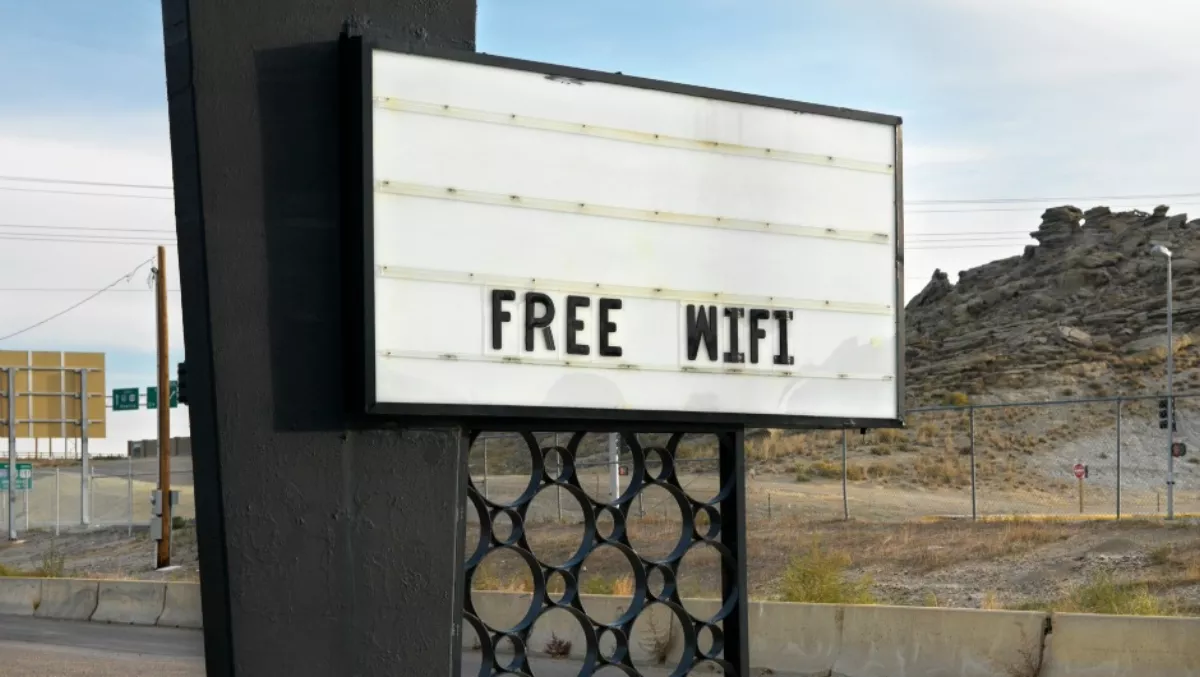
Network security and tips for using free WIFI
At the end of the day, lock it or lose it isn't just about your car.
WiFi or wireless networks are great for home and small business users alike, allowing you to use multiple Internet capable devices on one shared connection.
But wireless networks can be vulnerable to eavesdropping, hacking and freeloaders if you don't use proper protection when you set up a network.
There are other threats you could face when you use your mobile devices on the move and connect to other WiFi hotspots, especially those offered for free.
SETTING UP A WIRELESS ROUTER? CHECK THE FOLLOWING:
1. You're using strong encryption
Ideally your wireless modem or router should be using WPA2 encryption. If you're stuck with WEP then it's time to upgrade to a new model.
2. You use a strong passphrase to go online
A complex passphrase made up of at least 15 characters that includes upper and lower case letters, numbers and symbols will help prevent unwanted users getting access to the router.
3. You have changed the default router login
Out of the box, your equipment may have a blank login or be set to use admin/admin to gain access. Default router passwords are easily available on the Internet so it pays to change this administrative account so that it requires a strong password to login and change network settings.
If you leave your Internet connection open or non-secure, neighbours may be able to surf for free and use your data allowance or download illegal content on your account.
4. You have disabled WiFi Protected Setup (WPS)
WiFi Protected Setup or WPS was designed as an easy way for home users who know little about wireless security to set up WiFi Protected Access, making it easy to add new devices to an existing network without having to enter a long passphrase.
In 2011 it was discovered that the WPS PIN feature could be compromised by a brute-force attack. As a result, router owners are encouraged to turn off the WPS PIN feature although this may not be possible on some older models.
USING PUBLIC WIFI? BE CAUTIOUS
CASE STUDY Mark is travelling for business and wants to check emails and review flight bookings. At the airport he connects his laptop to a network named "Airport Free WiFi" and logs in to the airline website, checking his reward points balance. A week later he logs into the website again and finds 10,000 points missing. On contacting the airline their records show he logged in with the normal details and transferred points out yesterday. Mark believes the free hotspot he connected to wasn't genuine, his connection was monitored and his login details recorded.If you use your computer or smartphone on public WiFi connections you are potentially sharing your information with others on that network.
Think twice before using these connections to buy things online, check your bank accounts or read sensitive emails. And be especially wary of logging in to any sites that don't offer an 'https' connection where an SSL certificate helps protect your information.
It's easy for criminals to set up a wireless hotspot to tempt you to connect so they can capture passwords – only use trusted providers you know or stick with using your mobile data connection (3/4G) which is more secure and can be used as a hotspot for other devices.
If you need to use WiFi a lot when travelling consider using an encrypted VPN service as an additional layer of security.
Article sourced from NetSafe, an independent non-profit organisation with a sole purpose to promote confident, safe and responsible use of online technologies.

